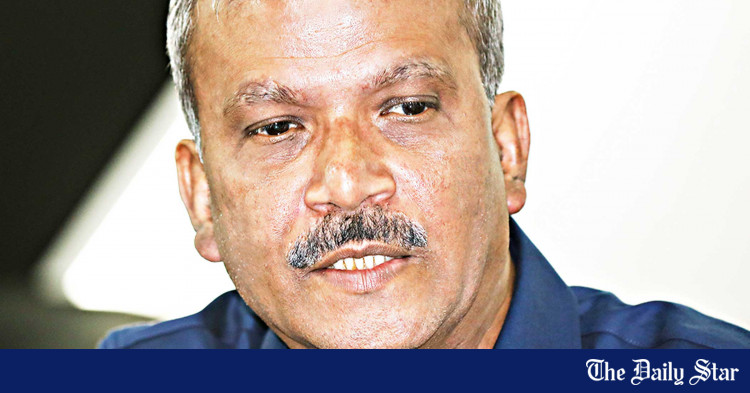Saif
Senior Member
- Joined
- Jan 24, 2024
- Messages
- 17,081
- Likes
- 8,163
- Nation

- Residence

- Axis Group


ICT gets five more prosecutors
The government has appointed five more prosecutors to the International Crimes Tribunal (ICT), bringing the total number of prosecutors to nine.
ICT gets five more prosecutors

The government has appointed five more prosecutors to the International Crimes Tribunal (ICT), bringing the total number of prosecutors to nine.
The newly-appointed five prosecutors are -- SM Moinul Karim, Md Nure Ershad Siddiqui, Shaikh Mahdi, Tarek Abdullah, and Tanvir Hasan Joha.
Of the five, SM Moinul Karim and Md Nure Ershad have been appointed with the status of deputy attorney general, while the rest except Tanvir Hasan Joha will get the status of assistant attorney general. Joha is a digital forensic expert.
The solicitor wing of the Law and Justice Division issued a gazette notification in this regard on Thursday, mentioning that the order comes into effect immediately.
The government on September 7 appointed four prosecutors, with Supreme Court Advocate Muhammad Tajul Islam being made the chief prosecutor.
The three other prosecutors are Gazi Monawar Hossain Tamim, BM Sultan Mahmud, and Abdullah Al Noman.
The government has appointed five more prosecutors to the International Crimes Tribunal (ICT), bringing the total number of prosecutors to nine.
The newly-appointed five prosecutors are -- SM Moinul Karim, Md Nure Ershad Siddiqui, Shaikh Mahdi, Tarek Abdullah, and Tanvir Hasan Joha.
Of the five, SM Moinul Karim and Md Nure Ershad have been appointed with the status of deputy attorney general, while the rest except Tanvir Hasan Joha will get the status of assistant attorney general. Joha is a digital forensic expert.
The solicitor wing of the Law and Justice Division issued a gazette notification in this regard on Thursday, mentioning that the order comes into effect immediately.
The government on September 7 appointed four prosecutors, with Supreme Court Advocate Muhammad Tajul Islam being made the chief prosecutor.
The three other prosecutors are Gazi Monawar Hossain Tamim, BM Sultan Mahmud, and Abdullah Al Noman.









































